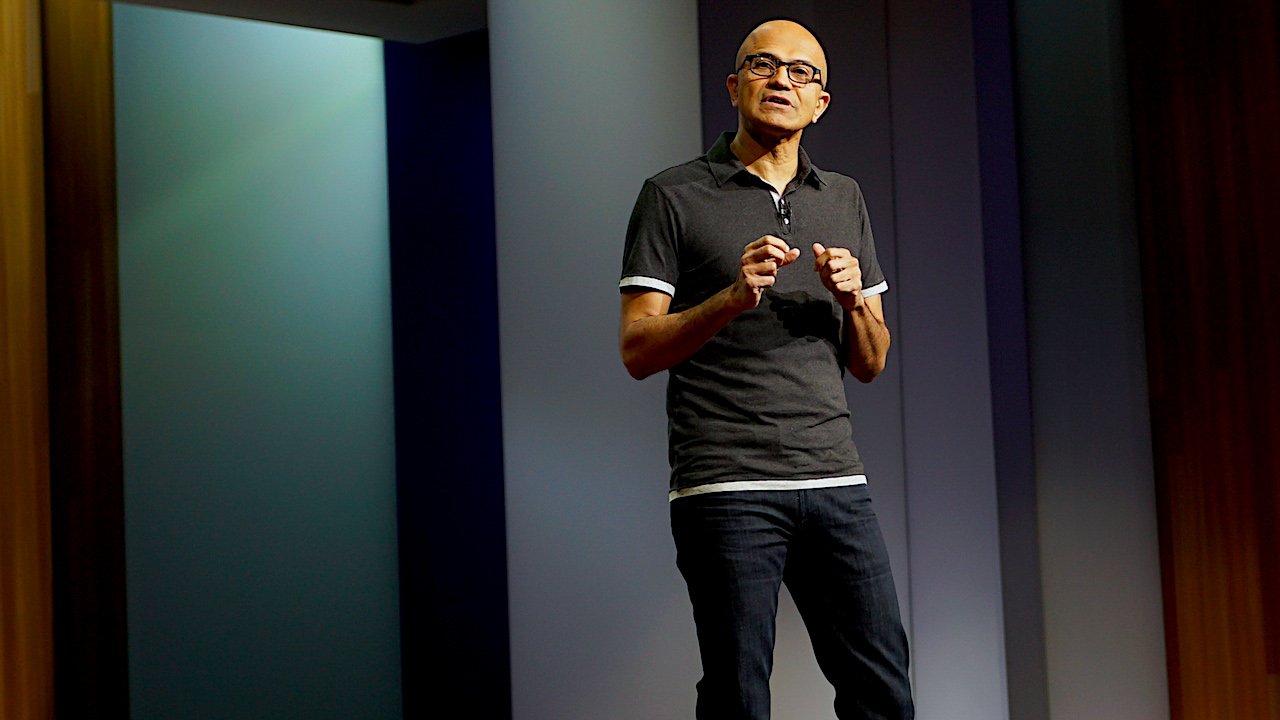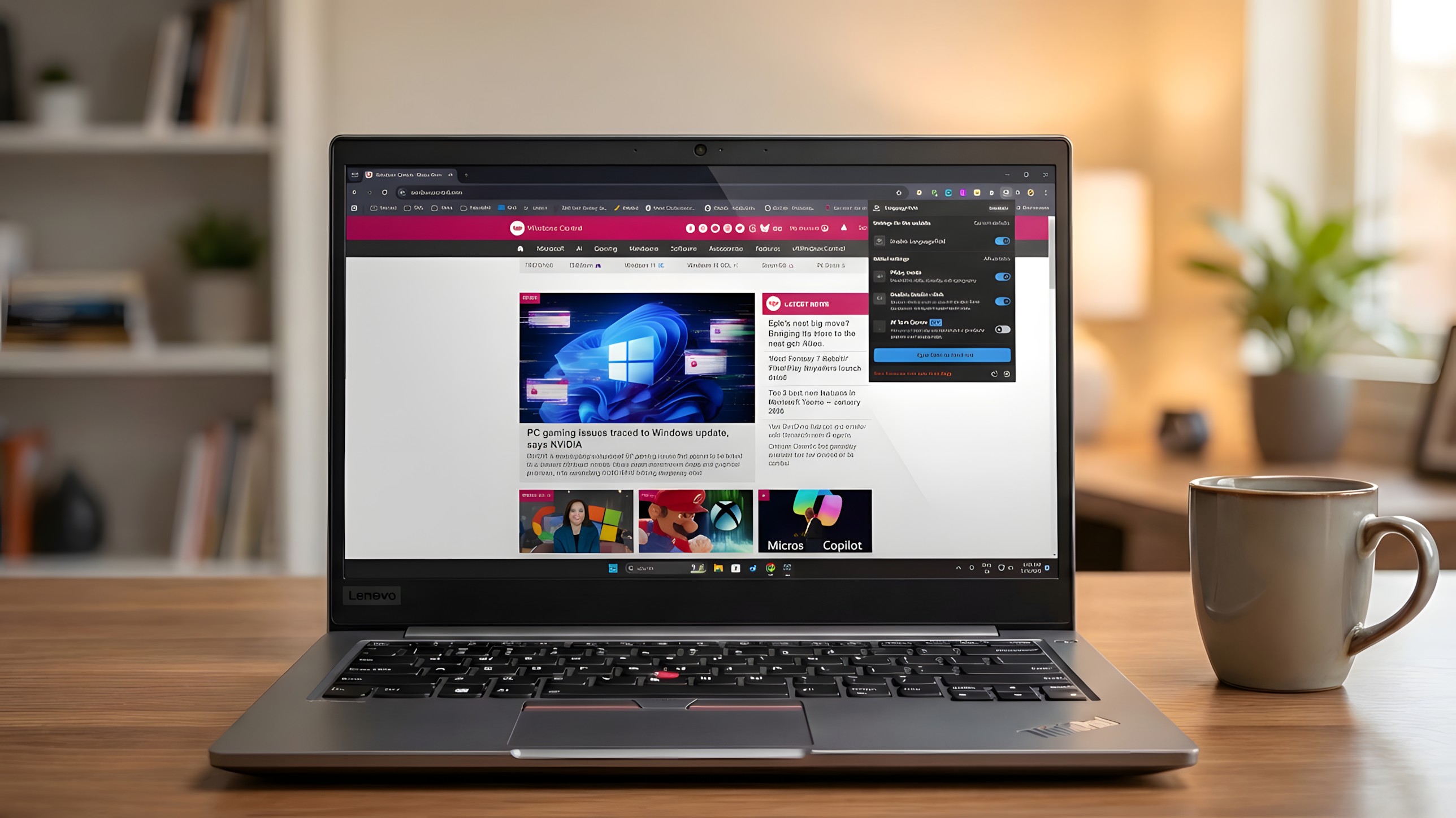Microsoft CEO Satya Nadella has now made $1 billion
Since becoming Microsoft CEO, Satya Nadella has brought in a total of $1 billion.

All the latest news, reviews, and guides for Windows and Xbox diehards.
You are now subscribed
Your newsletter sign-up was successful
What you need to know
- Microsoft CEO Satya Nadella has reportedly brought in $1 billion since he entered his current role at Microsoft.
- That figure includes Nadella's equity grants, salary, bonuses, and dividends.
- Microsoft stock has climbed almost 1,000% since Nadella took over as CEO.
Fiscal reports and financial earnings don't always make mainstream headlines. They're important, of course, but few people memorize quarterly earnings and employee salaries. But certain thresholds turn heads when they're hit. That's the case with Microsoft Chairman and CEO Satya Nadella, who has now reportedly earned more than $1 billion in payouts during his time at the company.
A recent report by Bloomberg cited a regulatory filing that shed light on Nadella's payouts. The figure does not just refer to his salary. It includes equity grants, salary, bonuses, and dividends.
Microsoft representative Frank Shaw told Bloomberg that Nadella did not have a net worth of $1 billion and did not comment any further. Of course, that phrasing only covers the net worth of Nadella, not his career earnings from his position at Microsoft.
To illustrate how much incentives and other forms of income can add up to, Nadella's salary in fiscal year 2022 was $2.5 million but his stock awards were $42.269 million.
Nadella joins an exclusive club of CEOs that have earned $1 billion. He now sits alongside Apple CEO Tim Cook and a few others to hit the billion-dollar mark. While $1 billion is impressive, it's far from the most a CEO has brought in. NVIDIA CEO Jensen Huang is worth $42 billion, though it's worth noting that Huang is also the co-founder of NVIDIA.
Windows Central take
CEO incomes are a more complex topic than I can discuss in a few short paragraphs. I'm also not an expert on macroeconomics or ethics. Undoubtedly, people will debate if it's right for anyone to make $1 billion. What I'll say is that Satya Nadella has made Microsoft far more than $1 billion during his tenure, so it's not surprising that he's been compensated.
Microsoft stock has skyrocketed since Nadella took over as CEO and the money has made money hand over fist. There have been bumps along the road, of course, but the overall value of Microsoft is at an all-time high. Markets Insider pointed out that Microsoft's share price has increased almost 1,000% since Nadella became CEO.
All the latest news, reviews, and guides for Windows and Xbox diehards.
Looking at a more recent win in a shorter timeframe, Microsoft's share value spiked $154 billion in a single day after the company unveiled the price of Microsoft 365 Copilot. With that bump, Microsoft's total cap reached $2.6 trillion.

Sean Endicott is a news writer and apps editor for Windows Central with 11+ years of experience. A Nottingham Trent journalism graduate, Sean has covered the industry’s arc from the Lumia era to the launch of Windows 11 and generative AI. Having started at Thrifter, he uses his expertise in price tracking to help readers find genuine hardware value.
Beyond tech news, Sean is a UK sports media pioneer. In 2017, he became one of the first to stream via smartphone and is an expert in AP Capture systems. A tech-forward coach, he was named 2024 BAFA Youth Coach of the Year. He is focused on using technology—from AI to Clipchamp—to gain a practical edge.
